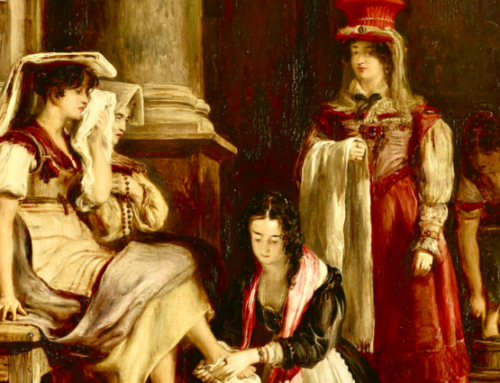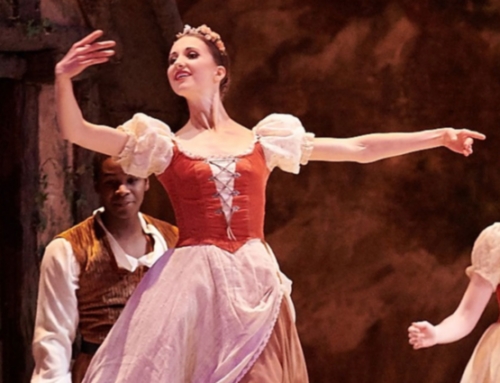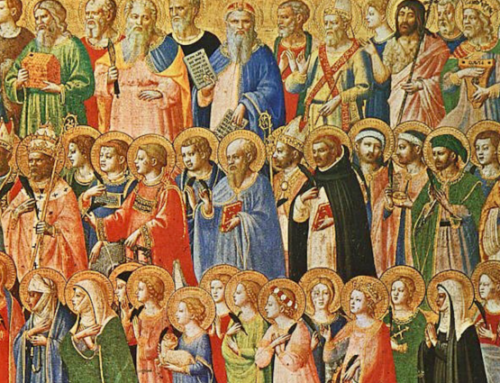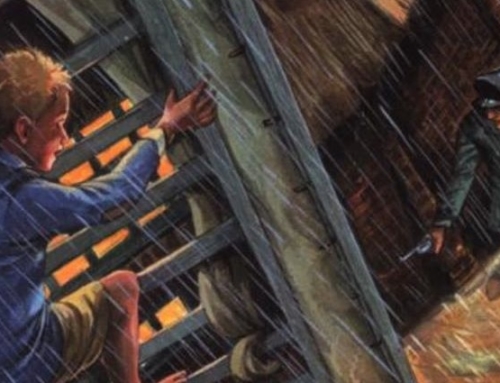Editor’s Note: Guillaume de Machaut’s Messe de Notre Dame (Mass of Our Lady) is the earliest complete setting of the Ordinary of the Mass attributable to a single composer and was written for performance at the great Cathedral of Our Lady of Reims in France. The following description comes from the website of the Boston Camerata:
As it is with history’s appreciation of the Reims cathedral itself—a building successively neglected, adored, altered, partially destroyed, rebuilt and restored—our views of medieval musical art in general and of Machaut’s achievement in particular have changed and evolved greatly over the generations. During the Enlightenment and into the earlier nineteenth century, medieval music (or what little was known of it) was generally considered to be crude and primitive. Ever since the earliest transcriptions of medieval polyphony by later nineteenth-century musical paleographers began to circulate, a reappraisal began, and in Machaut’s case appreciation for his musical art has never ceased to grow and progress. His place as one of the greatest composers in music history is now virtually unchallenged, and even his prolific literary output, for so long relegated to the second rank, is now undergoing positive reevaluation.
Machaut’s mass ordinary, dedicated to the Virgin Mary, was probably composed c.1360; perhaps this is the mass he mentions in his epitaph, visible in the nave of the cathedral until the eighteenth century. Machaut there requested, and generously endowed, a memorial mass to be sung in memory of himself and his brother Jean. In any case, his four-voice Lady Mass contains six movements: a Kyrie, Gloria, Credo, Sanctus, Agnus Dei, and Ite Missa Est.*
The Imaginative Conservative applies the principle of appreciation to the discussion of culture and politics as we approach dialogue with magnanimity rather than with mere civility. Will you help us remain a refreshing oasis in the increasingly contentious arena of modern discourse? Please consider donating now.
We hope you will join us in The Imaginative Conservative community. The Imaginative Conservative is an online journal for those who seek the True, the Good and the Beautiful. We address culture, liberal learning, politics, political economy, literature, the arts, and the American Republic in the tradition of Russell Kirk, T.S. Eliot, Edmund Burke, Irving Babbitt, Wilhelm Roepke, Robert Nisbet, Richard Weaver, M.E. Bradford, Eric Voegelin, Christopher Dawson, Paul Elmer More, and other leaders of Imaginative Conservatism. Some conservatives may look at the state of Western culture and the American Republic and see a huge dark cloud which seems ready to unleash a storm that may well wash away what we most treasure of our inherited ways. Others focus on the silver lining which may be found in the next generation of traditional conservatives who have been inspired by Dr. Kirk and his like. We hope that The Imaginative Conservative answers T.S. Eliot’s call to “redeem the time, redeem the dream.” The Imaginative Conservative offers to our families, our communities, and the Republic, a conservatism of hope, grace, charity, gratitude, and prayer.
*Read the rest of the description on the website of The Boston Camerata.
Editor’s Note: The featured image is a photograph of the northeast view of Reims Cathedral, courtesy of Wikimedia Commons.








Leave A Comment